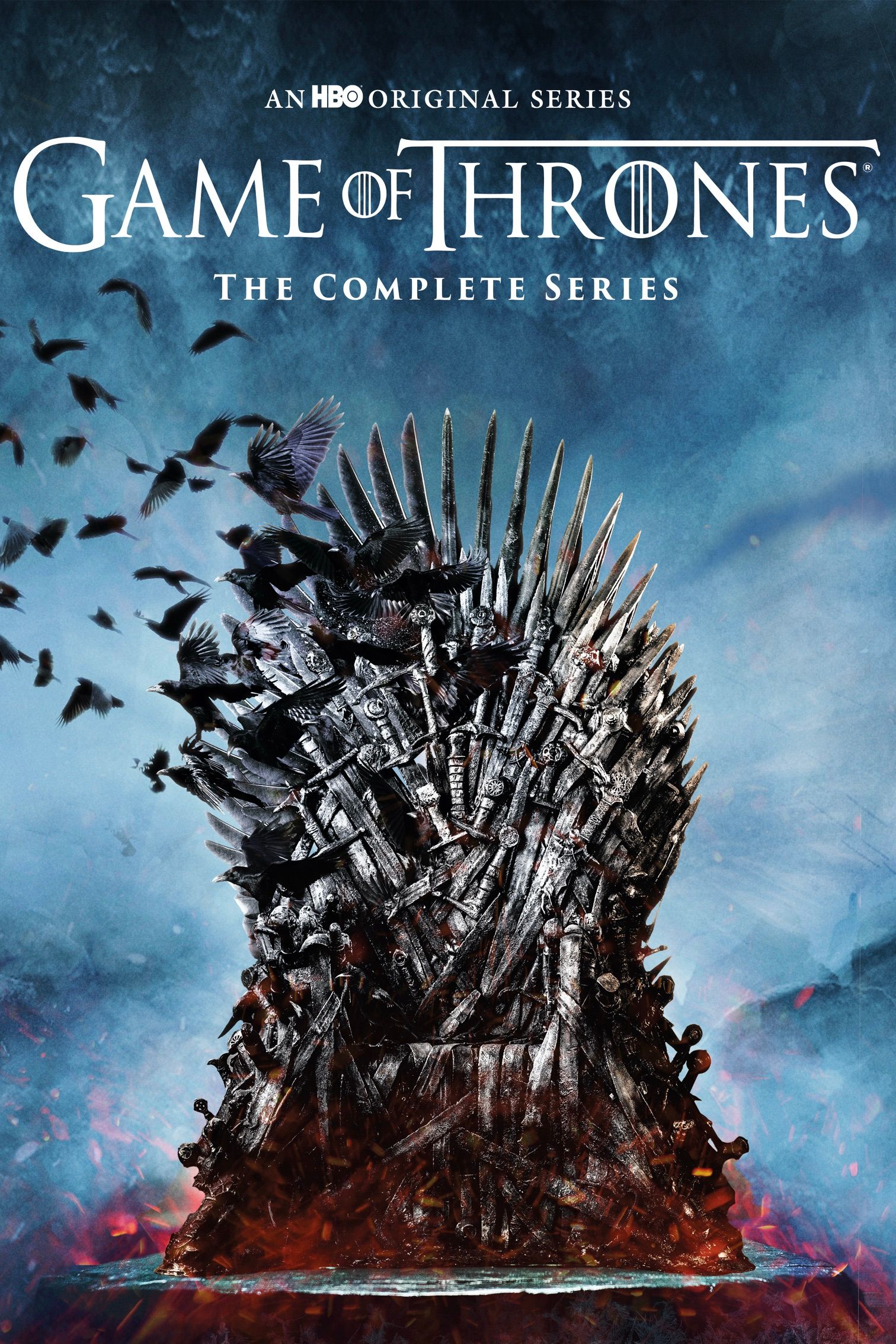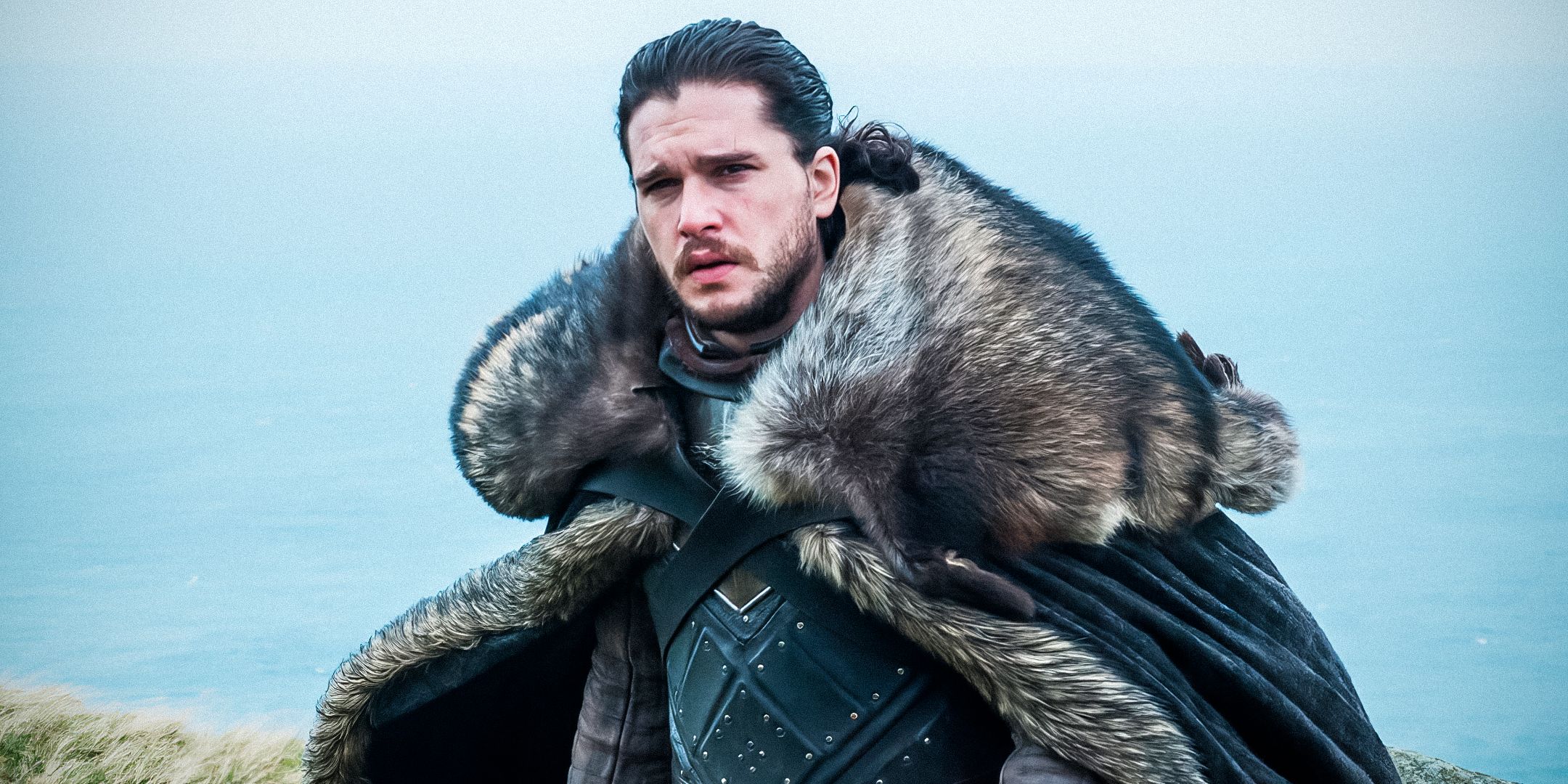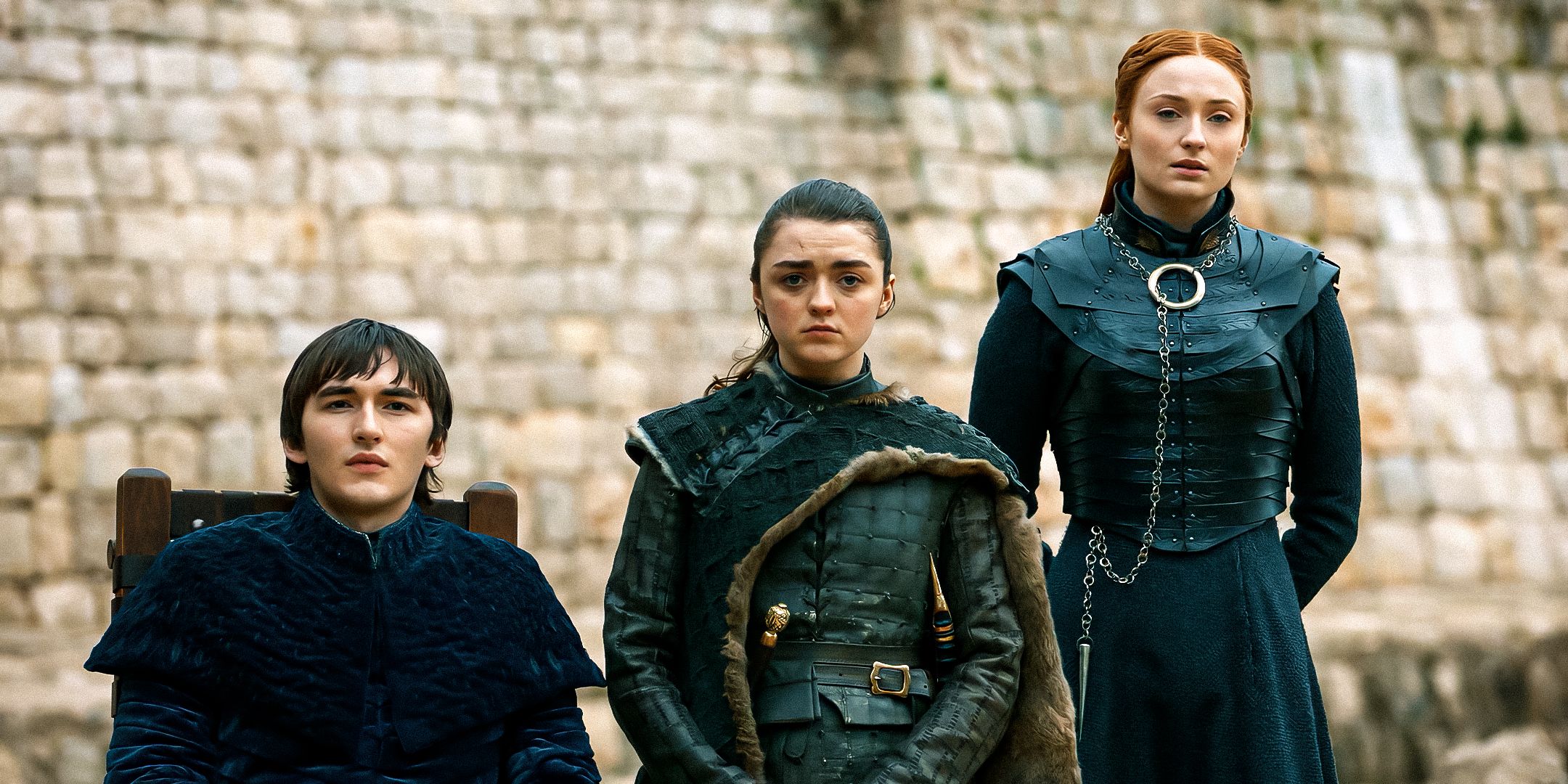Game of Thrones got here nearer than every other fantasy sequence to rivaling the legacy of The Lord of the Rings. For a time, it carried the burden of a style’s untapped promise. With a Rotten Tomatoes rating of 89% and a worldwide viewers that dwarfed expectation, it redefined what fantasy on tv may very well be—till it couldn’t.
In its prime, Game of Thrones was a fantasy masterpiece, working on a scale few exhibits dared to aim. Its narrative revolved round political deceit, lineage, and the gradual rot of energy. These components formed each battle extra deeply than spectacle ever might.
Its early seasons constructed stress by way of dialogue somewhat than fight, and that restraint gave weight to each betrayal and alliance. Like The Lord of the Rings movies, it wrapped ambition across the human value of battle. Each works turned the epic into one thing intimate.
Sport Of Thrones Is The Solely Fantasy Present That Got here Shut To Rivaling LOTR
What separated Sport of Thrones from its predecessors was pure focus. The place many fantasy shows never recovered from bad storylines, counting on lore dumps and hero’s journeys, Thrones lingered within the grey. Its characters made decisions rooted in politics, survival, and desperation. And the end result was a fantasy world that felt like a procedural drama.
In contrast to Tolkien’s clear ethical binaries, Thrones embraced ambiguity. Favourite characters die for his or her honor, others rise by compromise, whereas others liberate and destroy in the identical breath. These contradictions deepened the narrative and tethered it to emotional actuality. It didn’t matter whether or not Westeros resembled Center-earth; it mattered that its folks felt human.
This shift was foundational. Fantasy, as soon as related to whimsical escapism, grew to become a lens for political allegory and private reckoning. Maybe satirically, Thrones made magic incidental and consequence central. And in doing so, it positioned itself as a narrative to look at and analyze.
But regardless of its ambition, Sport of Thrones might by no means totally eclipse The Lord of the Rings as a result of the 2 emerged from totally different storytelling DNA. It could possibly even be argued that Lord of the Rings just does things better in comparison. Tolkien’s work was rooted in mythic timelessness, and its scope was designed to evoke historical lore.
Sport of Thrones, against this, operated inside cycles of generational trauma and political decay. One aimed for fable; the opposite dissected historical past. The distinction formed their complete fictional universes.
This distinction formed their lasting cultural influence. Lord of the Rings closes with elegy, with an earned peace and farewell to an age, whereas Sport of Thrones ends with shattered establishments, energy redistributed, and wounds nonetheless recent. That open-ended legacy displays its time. It mirrors a Twenty first-century skepticism about permanence and a deeper fascination with disruption.
Why HBO’s Fantasy Collection Fell Brief Of Reaching Lord Of The Rings’ Heights
The cracks started to point out when the present outran its supply materials. George R.R. Martin’s unfinished saga had as soon as supplied emotional scaffolding for each twist and dying. With out it, Thrones started accelerating towards decision with out its traditional deliberation. Arcs that when spanned seasons had been lowered to bullet factors. Characters acted, however hardly ever reckoned.
Daenerys Targaryen’s descent into tyranny is a specific case examine. Hints of Daenerys’ darker, evil instincts had lengthy existed, however the transition was so rushed. In a single episode, she’s a liberator; within the subsequent, she’s burning innocents. And Bran Stark’s coronation nonetheless doesn’t really feel earned to this present day, however somewhat a story necessity.
Frodo’s return to the Shire ends Tolkien’s story with the trauma of surviving. That grace, that endurance, is what Thrones lacked. In fact, it helped that Tolkien completed his story, however the results of Thrones confused momentum for that means. What had been a character-first narrative grew to become plot-first. And plot alone, even in fantasy, hardly ever evokes satisfying storytelling.
Thrones additionally misplaced the rhythm that had as soon as outlined it—earlier seasons constructed dread and payoff by way of affected person storytelling. Later ones collapsed years of transformation into minutes of display time. What had been a personality examine of energy grew to become a guidelines of reversals. The emotional scaffolding was nonetheless there, however the present stopped climbing it.
Sport Of Thrones Was Nonetheless A Enormous Step Ahead For The Fantasy Style
Even with its flaws, Sport of Thrones shifted the cultural notion of fantasy tv. It proved that swords and sorcery might belong within the status TV dialog. It aired on HBO, however extra importantly, it earned a seat beside the best dramas of all time, like The Sopranos and Breaking Dangerous. In different phrases, fantasy grew to become appointment tv.
This mattered. Exhibits like The Witcher, The Wheel of Time, and Amazon’s The Rings of Energy exist as a result of Thrones made their existence viable. Many extra Game of Thrones copies exist, however none of them eclipse Thrones. Studios now price range, solid, and market fantasy with seriousness, and Thrones proved that fantasy could be worthwhile.
The change wasn’t restricted to style. Thrones confirmed that serialized drama might maintain political allegory, ethical complexity, and emotional attrition. Characters suffered, failed, and aged in actual time; deaths carried thematic weight. That gravitas gave the style a dimensionality it had lengthy lacked on display.
The ripple impact continues. Whether or not in direct successors like Home of the Dragon or distant echoes in superhero narratives, Sport of Thrones reshaped what serialized tv might carry. It could have stumbled on the end line, but it surely ran a race no different fantasy present had dared to enter at full velocity.

Game Of Thrones
- Launch Date
-
2011 – 2019-00-00
- Showrunner
-
David Benioff, D.B. Weiss
- Administrators
-
David Nutter, Alan Taylor, D.B. Weiss, David Benioff




